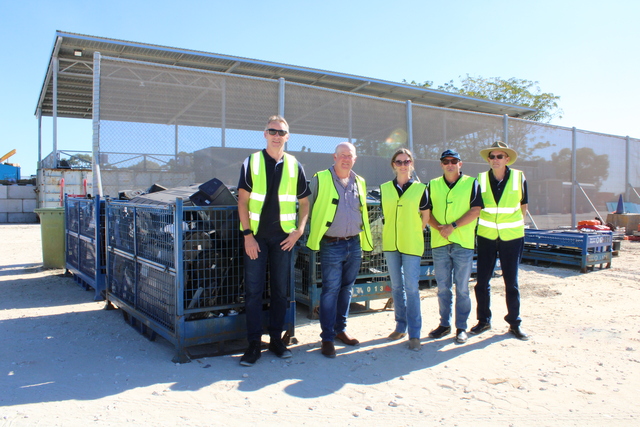Sweeping reforms of Local Government in Queensland have come into effect following Council elections on 15 March. The reforms cut Council numbers from 157 to 73. The 73 Councils comprise 37 continuing Councils – unchanged in terms of area, and 36 new Councils – changed in area by amalgamation or boundary change.
In an interview with ABC Radio, Executive Director of the Local Government Association of Queensland (LGAQ), Greg Hallam, said only 70 per cent of Queenslanders cast a vote at the recent elections, which is down from 85 per cent at the last elections. He said the poor turnout indicates that people have lost faith in the political system, following discontent over the changed boundaries.
While he conceded the low turnout could in part be due to problems with the postal voting system, including voters being sent the wrong ballot papers or return envelopes, he said a thorough review of the election conduct is necessary in order to learn from the mistakes.
Queensland Premier, Anna Bligh, believes the polls, which were conducted for the first time by the Electoral Commission of Queensland, have been a success that will see in a new era of Local Government. She played down concerns of low voter turnout, saying ballots had been conducted for the first time in many areas where Councils had not existed nine months ago.
The Premier hosted a summit for all new Mayors, which was held on 27 March at Parliament House.
“Queenslanders are now represented by larger, stronger Councils that are far better equipped to take on the tough challenges ahead, particularly in the regions,” the Premier said. “I congratulate the newly elected Mayors and Councillors on their victories and know they are all keen to get down to business as soon as possible. This is a significant reform and I want to work with every Mayor to make the most of the opportunity.
“For all Councils, there are other important issues to canvass, including capacity building for Councils and improving accountability to ratepayers through better performance management and reporting frameworks.”
At the summit, the Premier announced a sweeping decentralisation of the Department of Local Government, Sport and Recreation to support the State’s new Local Government Model.
The Department of Local Government will establish five regional areas across the State, with 150 staff moving by July to new regional offices in Far North, North, Central, South West and South East Queensland.
“We have delivered a new system of Local Government and we are backing that up with a reshaped Department,” the Premier said.
A further $17.75 million to assist newly amalgamated Councils was also confirmed during the summit.







